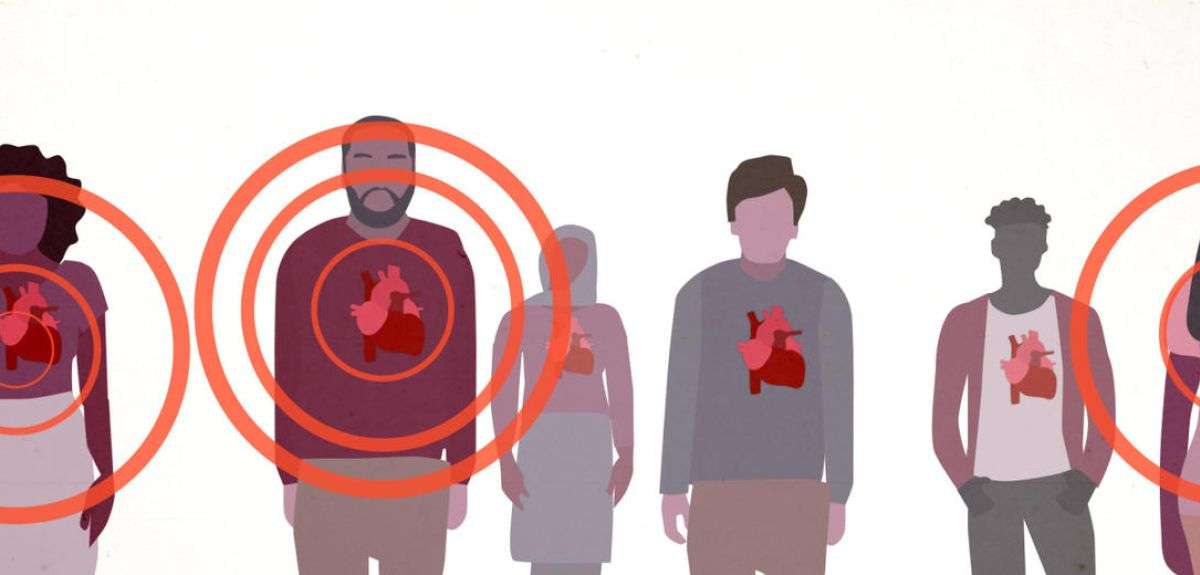Revolutionary CRISPR-based Genome Editing System Destroys Cancer Cells 'Permanently' in Lab
A Tel Aviv University team shows their CRISPR genome editing system can improve survival rates by 80% in mice with metastatic ovarian cancer.

Armed with a big research grant, a crack team of scientists will seek to develop an injectable gene therapy to cure one of the most horrible diseases imaginable.
Genetic cardiomyopathies make up a group of diseases that are genetically passed on to offspring at a 50/50 chance, and result in faulty genes causing heart failure, often striking down young adults in their prime years-in the UK at a rate of 12 per day among those under the age of 35.
A global team of experts from the UK, US and Singapore at CureHeart have recently been awarded a £30 million grant from the British Heart Foundation to develop a treatment to reprogram the genetics which cause muscular heart disease.
The grant was awarded based on preliminary work in animal studies which have shown a single-shot treatment based on CRISPR technology called "base and prime editing" can cure various genetic ailments of the heart that affect 1 in every 250 people worldwide.
The shot first aims at correcting genes producing abnormal proteins in the pumping machinery of the heart. Depending on the type of myopathy, the gene could be re-written, or switched off forever.
Secondly, where genes are not producing enough proteins to support a healthy functioning heart, the jab will aim to correct that by either correcting the faulty copy, or reinforcing the correct copy.
"This is our once-in-generation opportunity to relieve families of the constant worry of sudden death, heart failure and potential need for a heart transplant," said Professor Hugh Watkins, from the University of Oxford and lead investigator in the project.
"After 30 years of research, we have discovered many of the genes and specific genetic faults responsible for different cardiomyopathies, and how they work. We believe that we will have a gene therapy ready to start testing in clinical trials in the next five years."
"The £30 million from the BHF's Big Beat Challenge will give us the platform to turbo-charge our progress in finding a cure so the next generation of children diagnosed with genetic cardiomyopathies can live long, happy and productive lives," he said.
WATCH a short explanation…
PUMP Some Good News Out Into The Arteries Of Social Media…
Be the first to comment